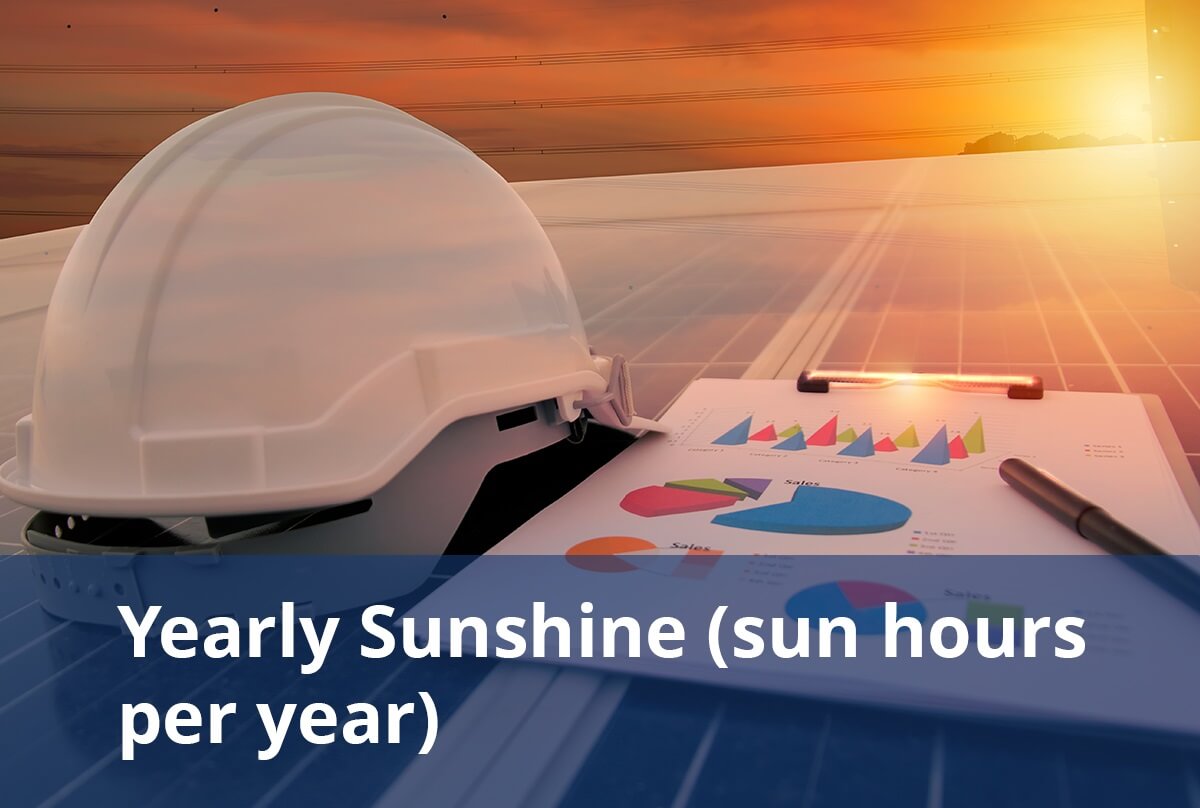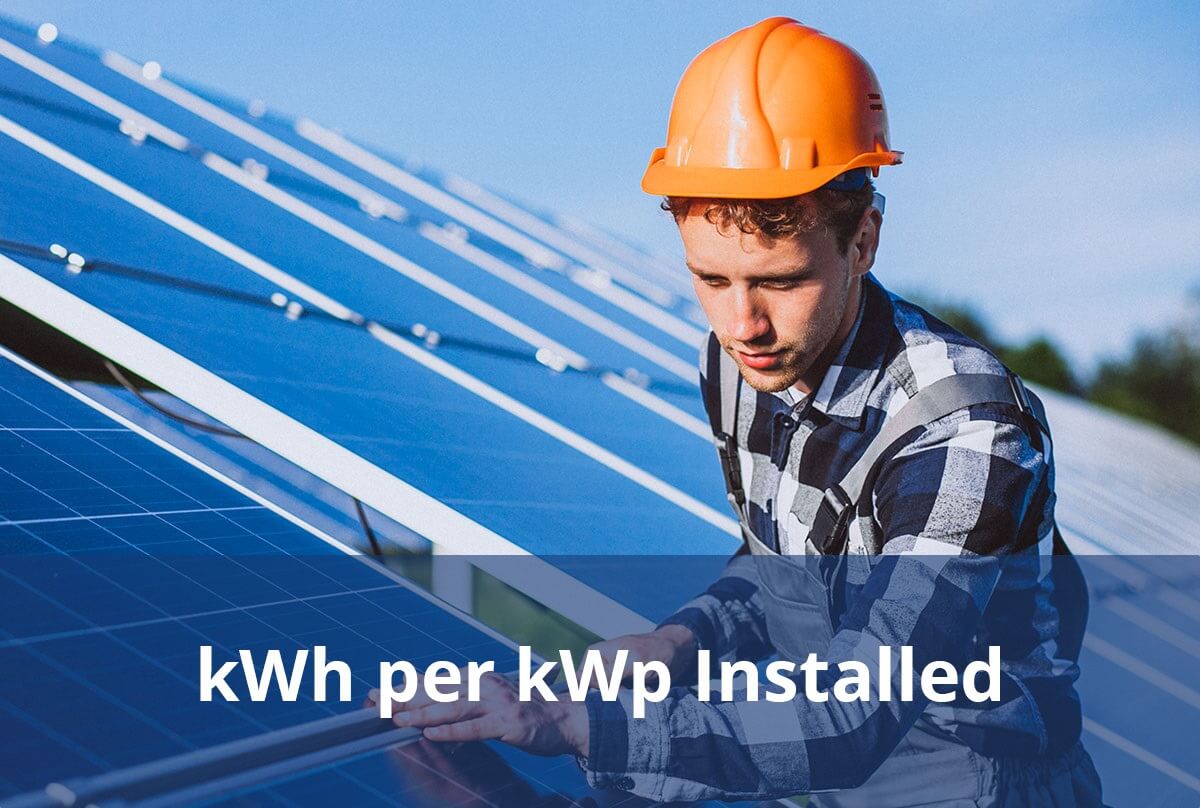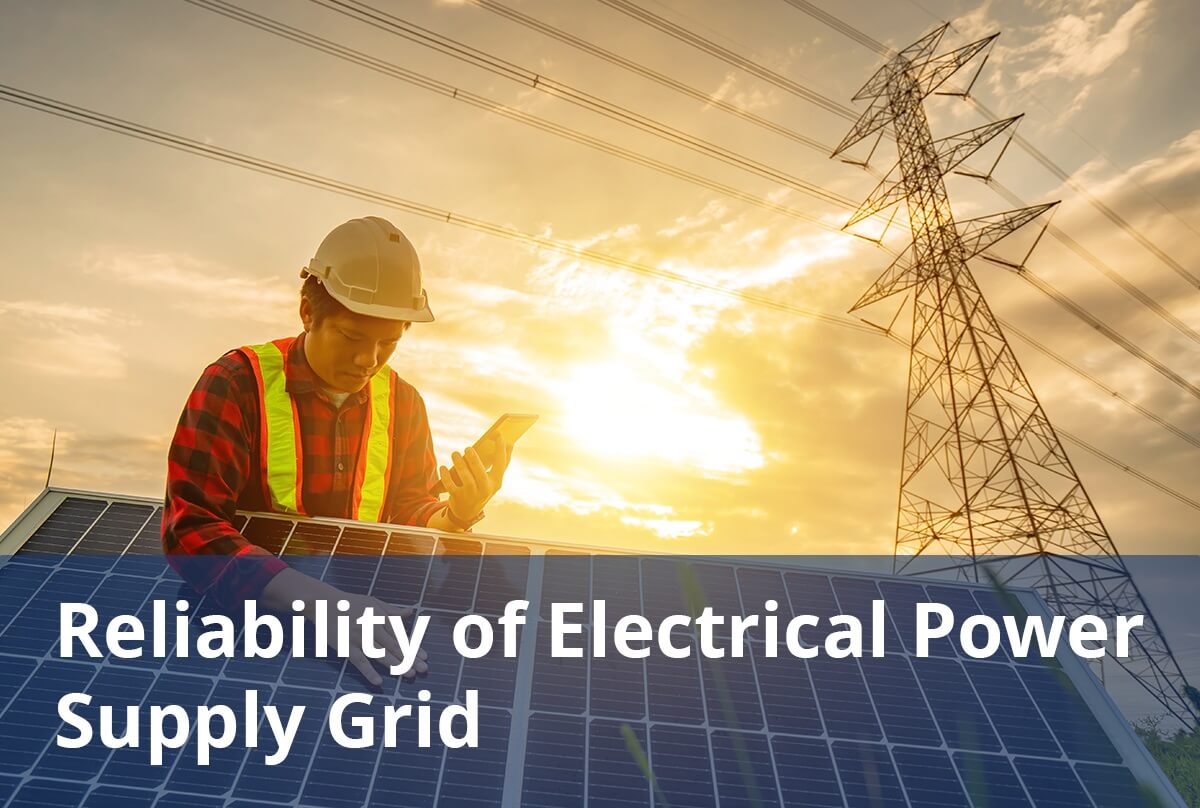Discover comprehensive insights into the statistics, market trends, and growth potential surrounding the solar panel manufacturing industry in Sierra Leone
- Climate top (n.d.). Sunshine & Daylight Hours in Freetown, Sierra Leone. Retrieved September 4, 2024, from https://www.climate.top/sierra-leone/freetown/sunlight
- Solargis (2021). Solar resource maps of Sierra Leone. Retrieved October 16, 2024, from https://solargis.com/resources/free-maps-and-gis-data?locality=sierra-leone
- Global Petrol Prices (n.d.). Sierra Leone electricity prices. Retrieved September 4, 2024, from https://www.globalpetrolprices.com/Sierra-Leone/electricity_prices/
- International Trade Administration (2024, April 17). Sierra Leone – Country Commercial Guide. Retrieved September 4, 2024, from https://www.trade.gov/country-commercial-guides/sierra-leone-energy-infrastructure
- International Renewable Energy Agency (2024). Renewable energy statistics 2024. Retrieved September 4, 2024, from https://www.irena.org/-/media/Files/IRENA/Agency/Publication/2024/Jul/IRENA_Renewable_Energy_Statistics_2024.pdf
- Signify Foundation & Intellecap (2019). Mapping the off-grid solar market in Sierra Leone. Retrieved September 4, 2024, from https://www.assets.signify.com/is/content/Signify/Assets/signify/global/20201105-mapping-the-off-grid-solar-market-in-sierra-leone-2019.pdf
- Investing in Sierra Leone (n.d.). Energy sector in perspective. Retrieved September 4, 2024, from https://www.investinginsierraleone.com/energy/
- African Development Bank (2019, March 9). „Bumbuna Hydoelectric Plant Will Bring Down the Cost of Doing Business in Sierra Leone“. Retrieved September 4, 2024, from https://www.afdb.org/en/news-and-events/bumbuna-hydoelectric-plant-will-bring-down-the-cost-of-doing-business-in-sierra-leone-5500
- Low carbon power (2022). Electricity in Sierra Leone in 2022. Retrieved September 4, 2024, from https://lowcarbonpower.org/region/Sierra_Leone
- Energypedia (2020, June 8). Sierra Leone Energy Situation. Retrieved September 4, 2024, from https://energypedia.info/wiki/Sierra_Leone_Energy_Situation
- Sinalda (2021, November 1). Voltage in Sierra Leone. Retrieved September 4, 2024, from https://www.sinalda.com/world-voltages/africa/voltage-sierra-leone/
- Power for all (2016, May 11). Sierra Leone Launches Energy Revolution. Retrieved September 4, 2024, from https://www.powerforall.org/news-media/events/sierra-leone-launches-energy-revolution
- Power Technology (2024, July 10). Power plant profile: Sierra Leone Solar PV Park, Sierra Leone. Retrieved September 4, 2024, from https://www.power-technology.com/data-insights/power-plant-profile-sierra-leone-solar-pv-park-sierra-leone/?cf-view
- Efficiency for access (2020, September). Off- and weak-grid solar appliance market Sierra Leone. Retrieved September 4, 2024, from https://efficiencyforaccess.org/wp-content/uploads/EForA_CountryProfile_SierraLeone.pdf
- ESMAP (2024, June 27). Sierra Leone – Beyond Connections: Energy Access Diagnostic Report Based on the Multi-Tier Framework. Retrieved September 4, 2024, from https://www.esmap.org/Sierra_Leone_Beyond_Connections_Energy_Access_Diagnostic_Report_Based_on_Multi-Tier%20Framework
- World salaries (2024). Average Salary in Sierra Leone for 2024. Retrieved September 4, 2024, from https://worldsalaries.com/average-salary-in-sierra-leone/
- World salaries (2024). Average Solar Photovoltaic Installer Salary in Sierra Leone for 2024. Retrieved September 4, 2024, from https://worldsalaries.com/average-solar-photovoltaic-installer-salary-in-sierra-leone
- World salaries (2024). Average Solar Energy Systems Engineer Salary in Sierra Leone for 2024. Retrieved September 4, 2024, from https://worldsalaries.com/average-solar-energy-systems-engineer-salary-in-sierra-leone/
- World salaries (2024). Average Solar Energy Installation Manager Salary in Sierra Leone for 2024. Retrieved September 4, 2024, from https://worldsalaries.com/average-solar-energy-installation-manager-salary-in-sierra-leone/
- Worldometers (n.d.). Sierra Leone population. Retrieved September 4, 2024, from https://www.worldometers.info/world-population/sierra-leone-population/
- Sierra Leone property solutions (n.d.). Commercial properties. Retrieved September 4, 2024, from https://www.sierraleonepropertysolutions.com/commercial-properties/
- Awoko publications (2024, July 6). Shocking electricity tariff hike sparks outrage among poor Sierra Leoneans. Retrieved September 4, 2024, from https://awokonewspaper.sl/shocking-electricity-tariff-hike-sparks-outrage-among-poor-sierra-leoneans/
- Wikipedia (n.d.). Water supply in Sierra Leone. Retrieved September 4, 2024, from https://en.wikipedia.org/wiki/Water_supply_in_Sierra_Leone
- Statista (2024, March). Non-life insurances – Sierra Leone. Retrieved September 4, 2024, from https://www.statista.com/outlook/fmo/insurances/non-life-insurances/sierra-leone
- Electricity Lawyer (n.d.). Sierra Leone legal and regulatory brief. Retrieved September 4, 2024, from https://electricitylawyer.com/sierra-leone-legal-and-regulatory-brief/
- Climate Chance (n.d.). Promoting Renewable Energy Services for Social Development in Sierra Leone (PRESSD-SL). Retrieved September 4, 2024, from https://www.climate-chance.org/en/best-pratices/promoting-renewable-energy-services-for-social-development-in-sierra-leone-pressd-sl/
- ESI Africa (2022, December 21). First solar ipp in Sierra Leone reaches commercialization. Retrieved September 4, 2024, from https://www.esi-africa.com/industry-sectors/generation/first-solar-ipp-in-sierra-leone-reaches-commercialisation/
- Proparco grouppe (2023, December 5). BII, FMO, Proparco and Frontier Energy co-invest in Planet Solar, Sierra Leone’s first large-scale grid-connected solar IPP. Retrieved September 4, 2024, from https://www.proparco.fr/en/actualites/bii-fmo-proparco-and-frontier-energy-co-invest-planet-solar-sierra-leones-first-large
- F6s (2024, September 4). 6 top Energy companies and startups in Sierra Leone in September 2024. Retrieved September 4, 2024, from https://www.f6s.com/companies/energy/sierra-leone/co








